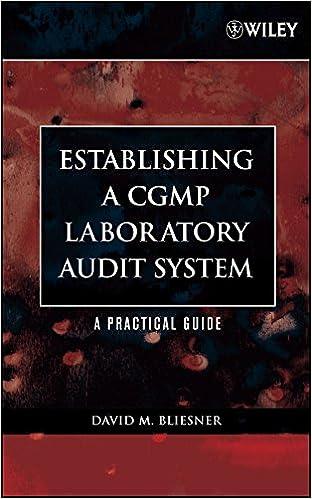Question
1.Alice, Bob, and Carol live for 3 days. On the first day, they make a plan for the next day. On the second day they
1.Alice, Bob, and Carol live for 3 days. On the first day, they make a plan for the next day. On the second day they have the option to eat fast-food. If they do, they get 10 utils. But the following day, they lose 12 utils in health. On the third day they make no choices.
Alice is an exponential discounter with a daily discount factor of Bob is a sophisticated present-biased discounter with and Carol is a nave present-biased discounter with and .
(d)What do Alice, Bob, and Carol actually do on day 2?
(e)Does being sophisticated help Bob in this scenario? Does it hurt? Does being present-biased help or hurt Carol and Bob? Do you think your answers would change if they were considering whether to eat fast-food for their whole lifetimes, rather than one day?
(f)Suppose an anti-obesity campaign suggests that people try to quit fast-food by giving a trusted friend $500. If they eat fast-food, the friend will keep the money. If they dont eat fast-food, they will return the money. How would this suggestion affect Alice, Bob, and Carol? Explain.
Step by Step Solution
There are 3 Steps involved in it
Step: 1

Get Instant Access to Expert-Tailored Solutions
See step-by-step solutions with expert insights and AI powered tools for academic success
Step: 2

Step: 3

Ace Your Homework with AI
Get the answers you need in no time with our AI-driven, step-by-step assistance
Get Started


